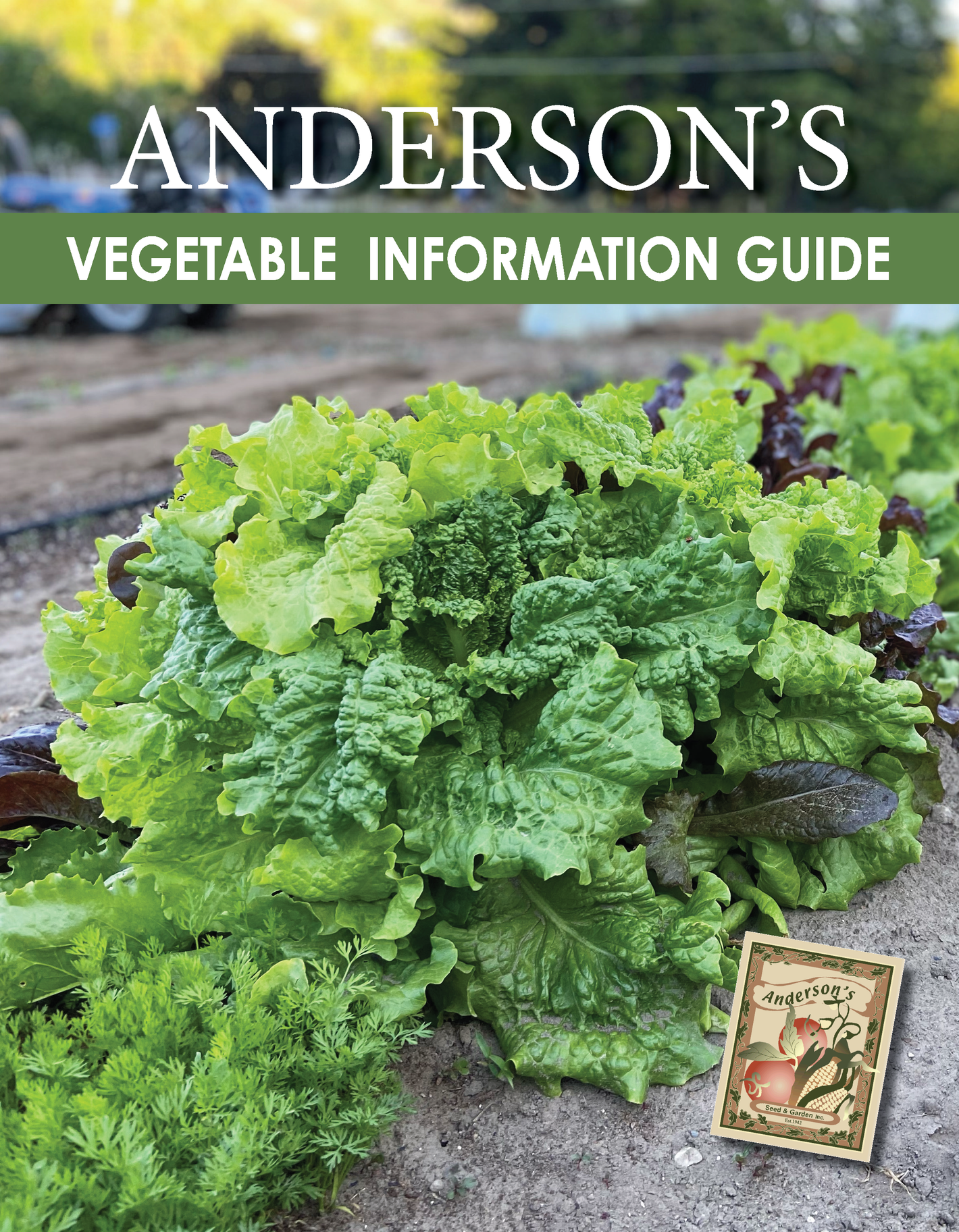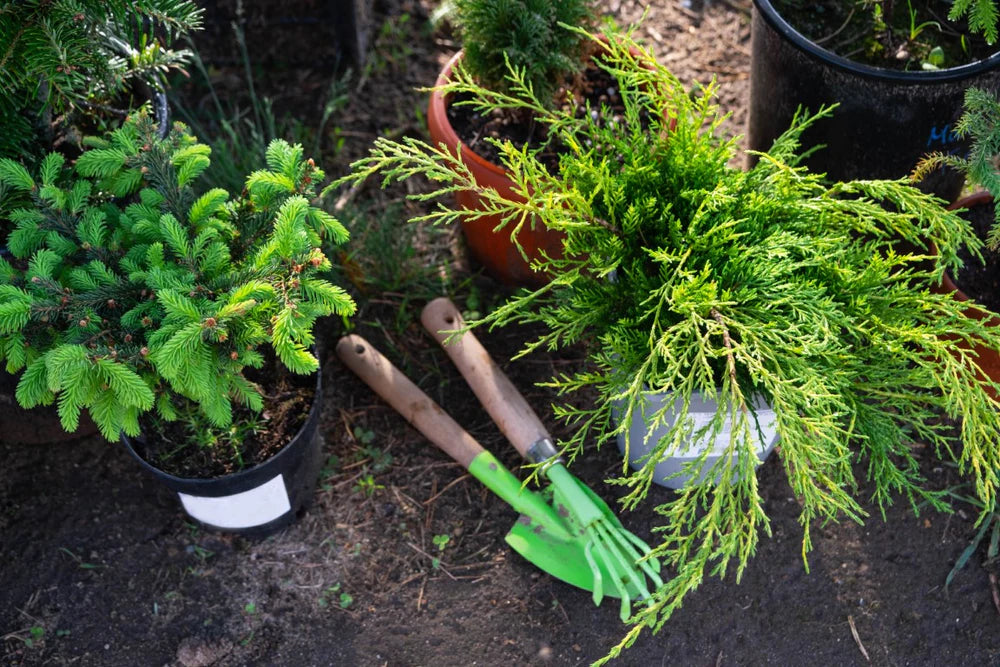Knowledge Center
What would you like to learn about?
-
Soil & Fertilizer
Select category -
Pests, Fungi, & Disease
Select category -
Plants & Growing
Select category
-

Vegetable Information Guide
View / Download -

Container Planting Guide
View / Download -

Fruit Planting Guide
View / Download
Frequently Asked Questions
General Gardening FAQ's
Which gardening zone am I in?
Check out https://garden.org/nga/zipzone/. It will give you your USDA Hardiness Zone based on your zip code.
Can gardening be a hobby?
Yes! Many people take on gardening as a great hobby. It involves being outdoors, playing in the dirt, and the satisfaction of caring for plants.
Does gardening help you save money?
Absolutely! Vegetable gardening is a great way to save money on your grocery bill. Not only does it cut costs but you will be amazed that the superior quality of fresh produce you can grow inexpensively!
Is gardening good for you?
Gardening enhances the overall quality of life and decreases the severity of depression, anxiety, and other mental health problems. For more info, check out: Psychology Today.
Regular gardening has also been shown to enhance overall life satisfaction, general well-being, cognitive function, and community engagement. Emerald
How important is it to balance the pH of my water?
Very important. Most of our support inquiries are related to growers believing that the pH doesn’t really matter. It does.
My crops are pale, what am I doing wrong?
They are probably not getting enough light. Try direct sunlight by a window or outdoors. Your crop may angle for light, so be sure to rotate periodically. LED grow lights are also a good solution.
My crops are wilting, what am I doing wrong?
Wilt is caused by either under-watering or excessive heat.
Frequently Asked Questions
Vegetable Gardening FAQ's
When should you use soil vs. hydroponics?
You can always grow any microgreens in soil. Some crops like sunflower, buckwheat, pea, cilantro and beet are very challenging to grow hydroponically, so we have created a soil based microgreens kit especially for these crops. They are among our very favorites. We prefer to grow hydroponically where possible because it easy, clean and every bit as effective as soil for most microgreen seeds. Our hydroponic kit is also very light and less expensive to ship.
What are the easiest microgreens to grow?
Usually the brassica family is the among easiest. These include broccoli, cauliflower, and cabbages. The mustard family is also typically easy to grow. Most of the seeds in the hydroponic microgreens kit (recommended for beginners) have the easier seeds. In soil-based crops, sunflower and buckwheat are very easy to grow.
What are the most difficult microgreens to grow?
Amaranth can be difficult as can beets. Arugula can sometimes be challenging. Some of the challenging Microgreens are really what makes growing microgreens a fun hobby. Experimenting with different growing techniques and variables can be very fulfilling.
How important are growing lights?
They are not critical, but your crops will need to be exposed to light at the right time. Incandescent, fluorescent, and direct sunlight are all fine. We do use grow lights and prefer LED grow lights as they are light, consume vastly less electricity, produce very little heat, and only give plants the blue and red ends of the spectrum which is what plants absorb. We can’t get greener and more healthy plants even with direct sunlight.
Can I harvest the same crop twice?
Second harvests are generally scraggly and weak, but it can be done, especially if growing in soil. Hydroponic crops that regrow will go for so long that the grow pad will begin to give off a musty odor. We recommend one harvest per crop and then disposing of the growing pad.
Frequently Asked Questions
Lawn Care FAQ's
How often should I water my lawn?
How often should I mow my lawn?
The frequency depends on many factors. What that truly matters is the length of your grass. Also, don't forget to sharpen your mower's blades!
What is the best kind of grass to plant?
Like people, there are many varieties of grass seed. Some popular cultivars are Kentucky Bluegrass, Magic Carpet, and Anderson's Select. Check out our available grass seed varieties here.
Do I need to fertilize my lawn?
Yes! At Anderson's Seed and Garden we recommend regular fertilization, ideally throughout the growing season. Need help choosing a fertilizer? Click here.





